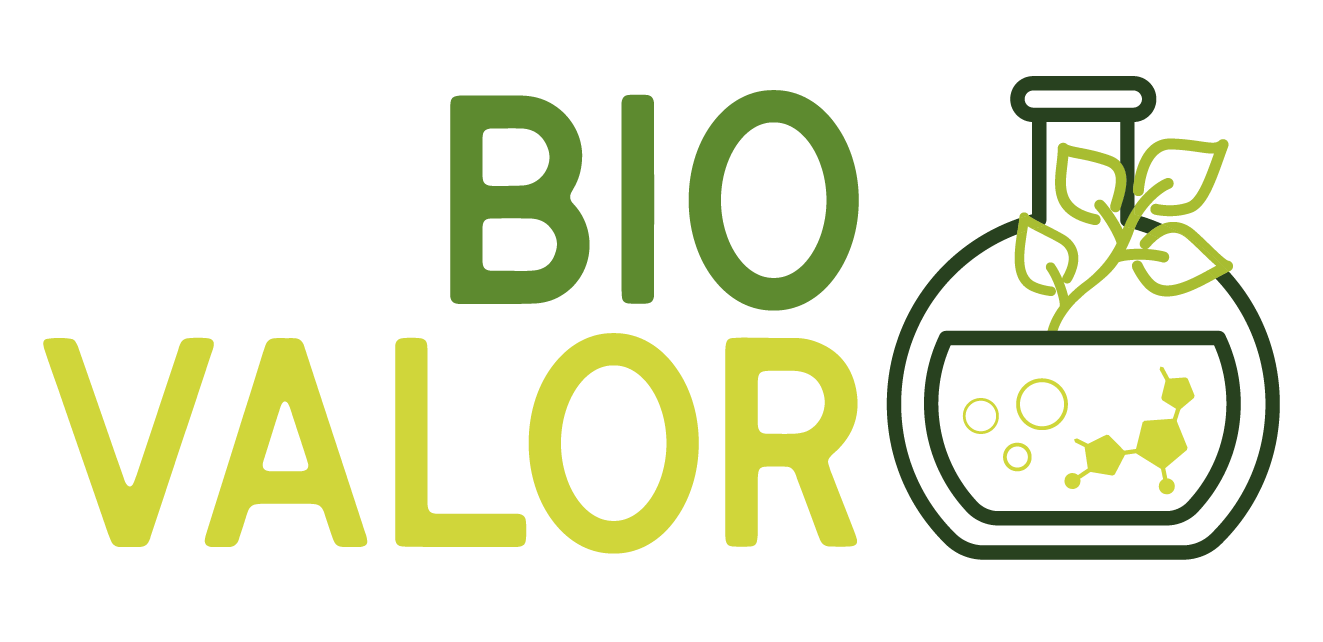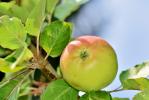
Biodiversity Foundation Project BIOVALOR: Sustainable forest management and agriculture for obtaining high-value organic products to address the demographic challenge
- Type Project
- Execution 2022
- Scope Europeo
- Main source of financing Recovery, Transformation and Resilience Plan (PRTR)
- Project website Web del Proyecto
The agroforestry sector faces significant challenges such as the abandonment of agricultural land, rural depopulation, increasing desertification, biodiversity loss, and the disappearance of pollinators due to climate change and intensive and monoculture farming practices. The growing demand for essential oils and their molecules for industrial use provides an incentive to incorporate new value chains in rural areas particularly affected by these challenges. The cultivation of aromatic and medicinal plants (AMPs) and the use of forest residues to obtain essential oils and extracts offers a valuable tool for improving the competitiveness, viability, and sustainability of low-yield farms. The need to process these products close to their source would allow for the development of a processing industry and new marketing channels around these farms, creating and retaining a workforce in these regions. Despite the great diversity of tree species and PAM in the region, the sector's development has focused on the collection of wild species and another monoculture, lavandin, a sector with little professionalization, a lack of knowledge, and a lack of connection between the members of the value chain.
Project to promote sustainable forest management of native pine and juniper forests and the cultivation of native aromatic and medicinal plants (AMP) on marginal farmland and under tree cultivation, all in areas at high risk of depopulation, for the production of high-value-added bioproducts. The management of tree stands and the cultivation and development of methods and technologies for the mechanization of AMP will allow for the collection, characterization, and determination of the potential use of bioproducts and byproducts (essential oils, extracts, hydrolates, chipboard, and organic absorbents). The environmental impact of these products on their value chain will be assessed, and the results will also be transferred. This will include an analysis of the potential market for the products, a green entrepreneurship program, the design of a business model, an assessment of the socioeconomic impact and the demographic challenge, and a life-cycle sustainability analysis.
The actions will be implemented on 90 hectares of native pine and juniper forests and 24.5 hectares of PAM crops. The goal is to increase organic carbon in the topsoil and reduce the risk of erosion by increasing the soil cover, thereby reducing CO2e emissions by switching to dryland rye. The likelihood of major fires in areas with forestry activities is also expected to decrease by 30%. The goal is to obtain five bioproducts, increase the annual gross margin of the substituted crops, and reach 270 attendees at workshops and training sessions.
The agroforestry sector faces significant socioeconomic and environmental challenges, such as the abandonment of agricultural land, rural depopulation, the spread of desertification, and the loss of biodiversity due to climate change and monoculture plantations. The project aims to address these challenges through sustainable forest management that allows for the use of pine and juniper pruning waste and the mixed cultivation of aromatic and medicinal plant species, either alone or in combination with traditional woody crops.
BIOVALOR aims to boost the bioeconomy by developing new value chains based on sustainable forest management and the cultivation of native aromatic species on marginal lands for the production of essential oils, extracts, and high-value byproducts.
- FUNDACIÓN AAP PARA LA ACOGIDA DE ANIMALES EXÓTICOS (AAP PRIMADOMUS)







